Put your research in the spotlight! Both the NCCR Evolving Language and the SNSF are inviting researchers to submit their images to enter the competition! We look forward to seeing your work!


Put your research in the spotlight! Both the NCCR Evolving Language and the SNSF are inviting researchers to submit their images to enter the competition! We look forward to seeing your work!
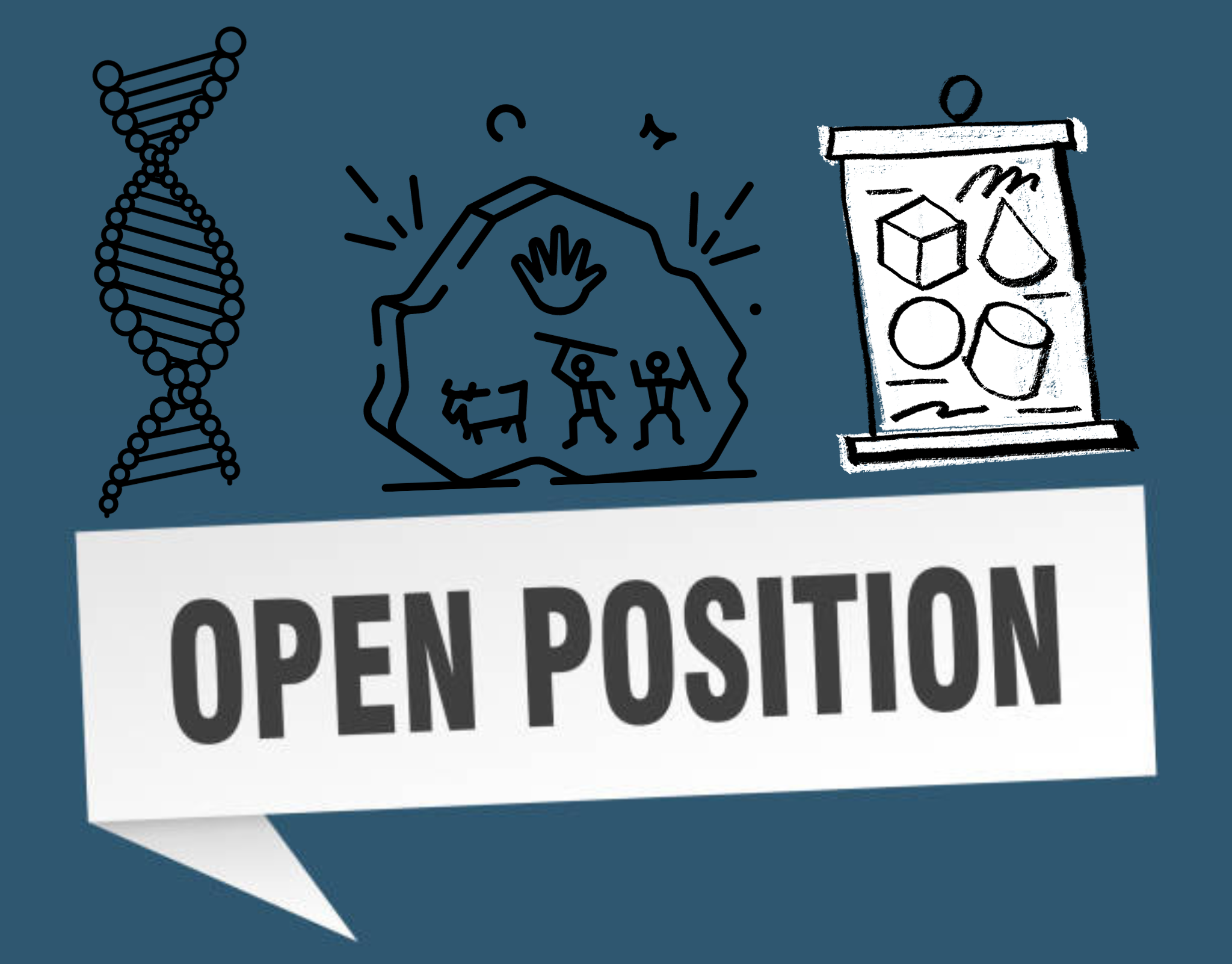
Three PI/professor positions are currently open for applications at the University of Zurich, in the fields of paleoanthropology, mathematical foundations of language and genetics of language.

The SNSF is offering training courses in communication. The dates for the 2024 sessions are out! More information about the courses are available on the SNSF’s website.
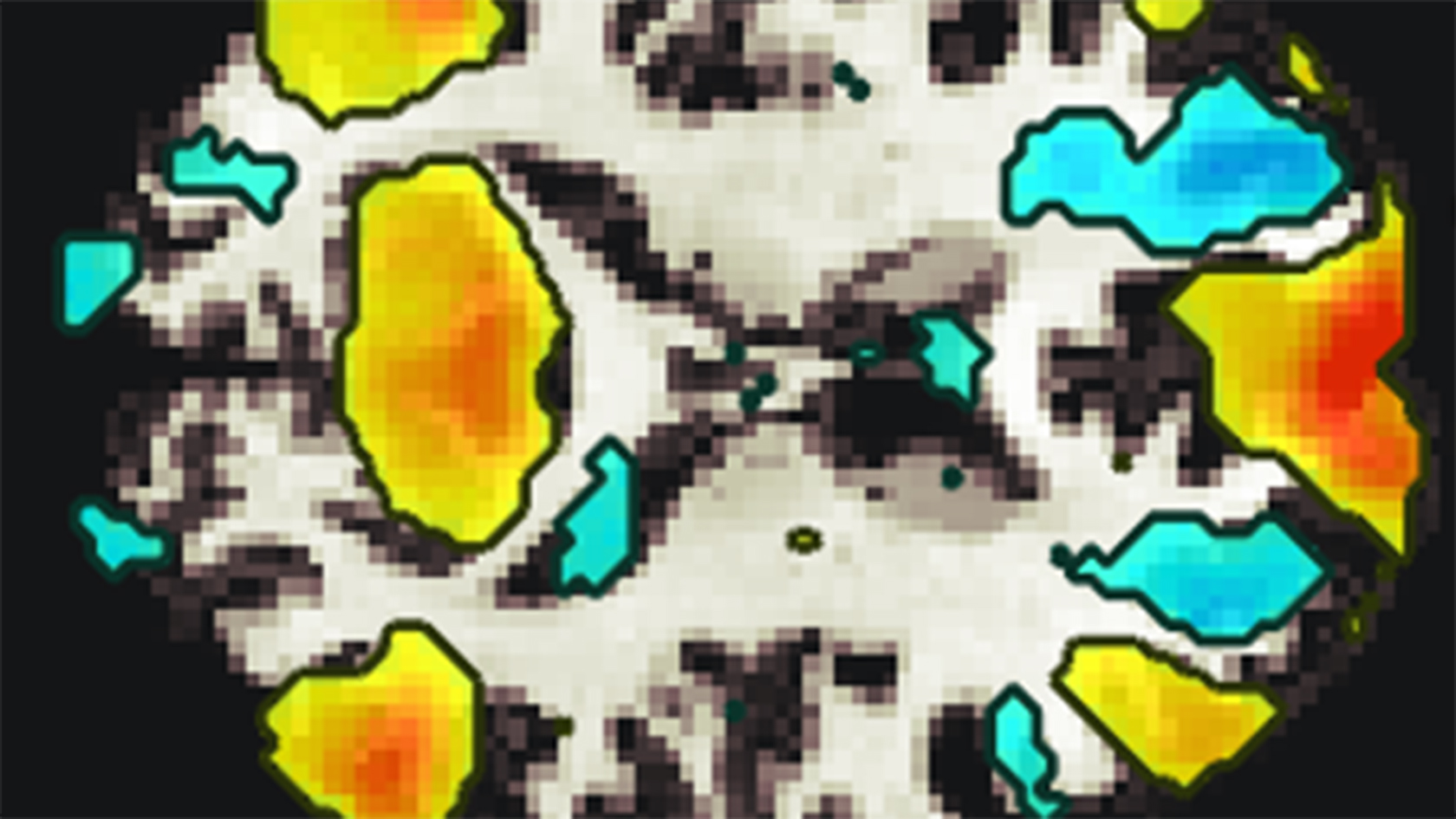
Our Associate Investigator, Philipp Homan of UZH and the University Hospital of Psychiatry Zurich, has been awarded 3 of the 10 mio euros by the European Research Council for a joint project on language disturbances in psychotic disorders.
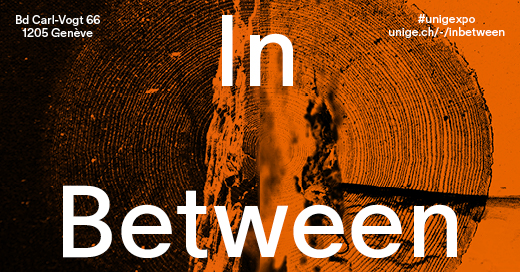
The exhibition In Between by artist Julie Semoroz, along with various workshops and concerts, will run from November 9 to 26.
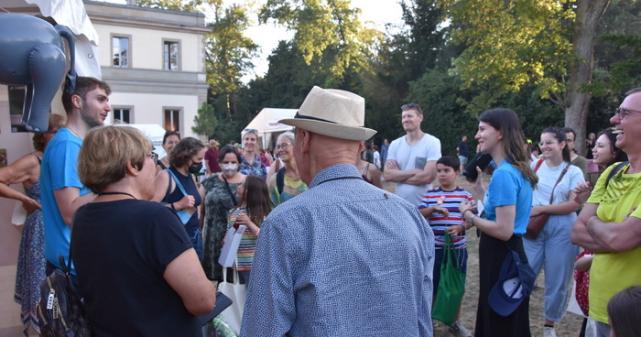
On Saturday, November 4 at 2.30 pm, in collaboration with the NCCR Evolving Language, a workshop-meeting to discover the fascinating world of animal communication is open to all at the Musée d’Ethnographie de Genève!
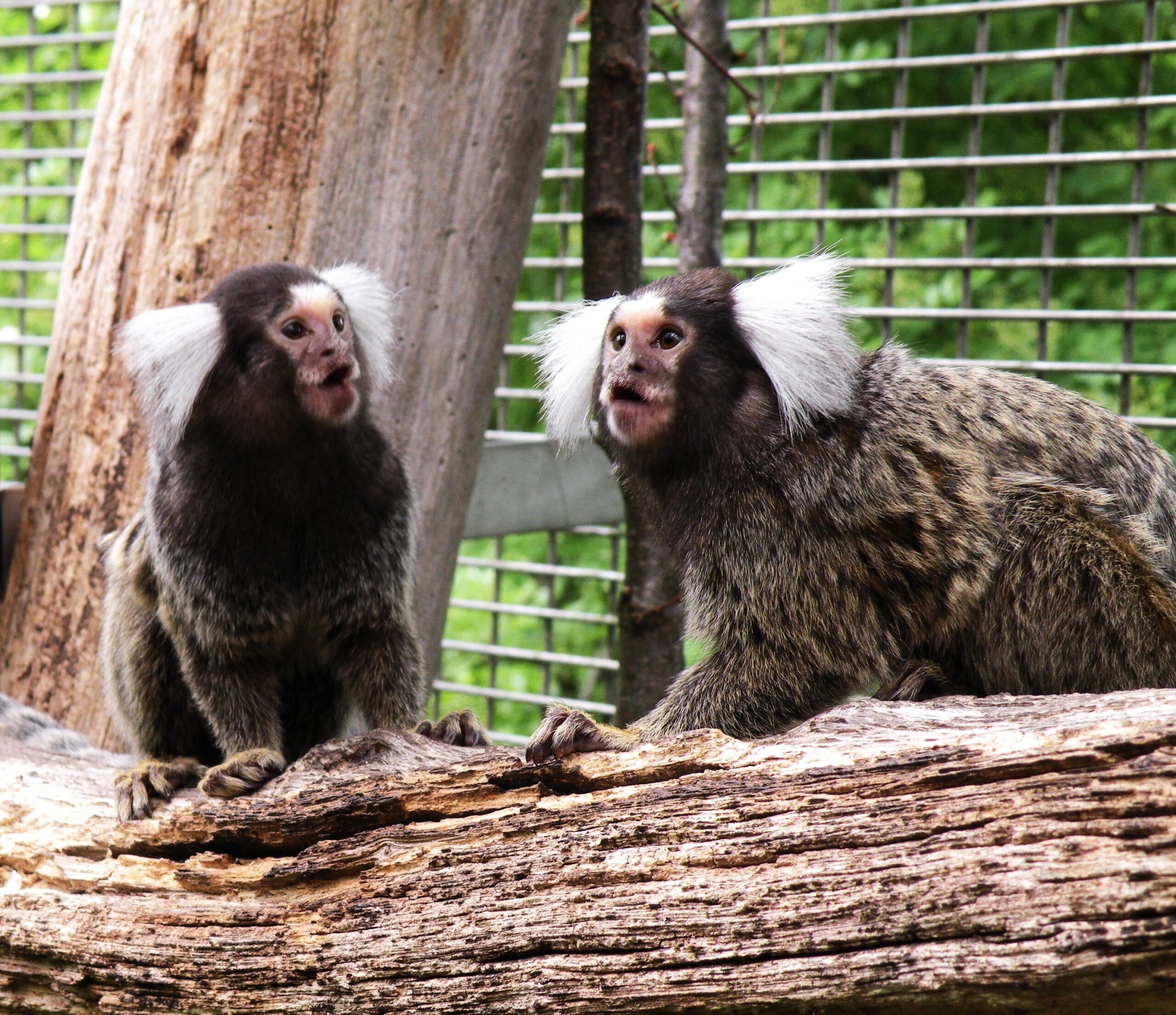
Who’s calling? Marmosets are highly social and vocal monkeys, but analyzing these complex communication signals can be tricky. Fortunately, a team of NCCR researchers headed by Prof. Judith M. Burkart has found a solution to this.
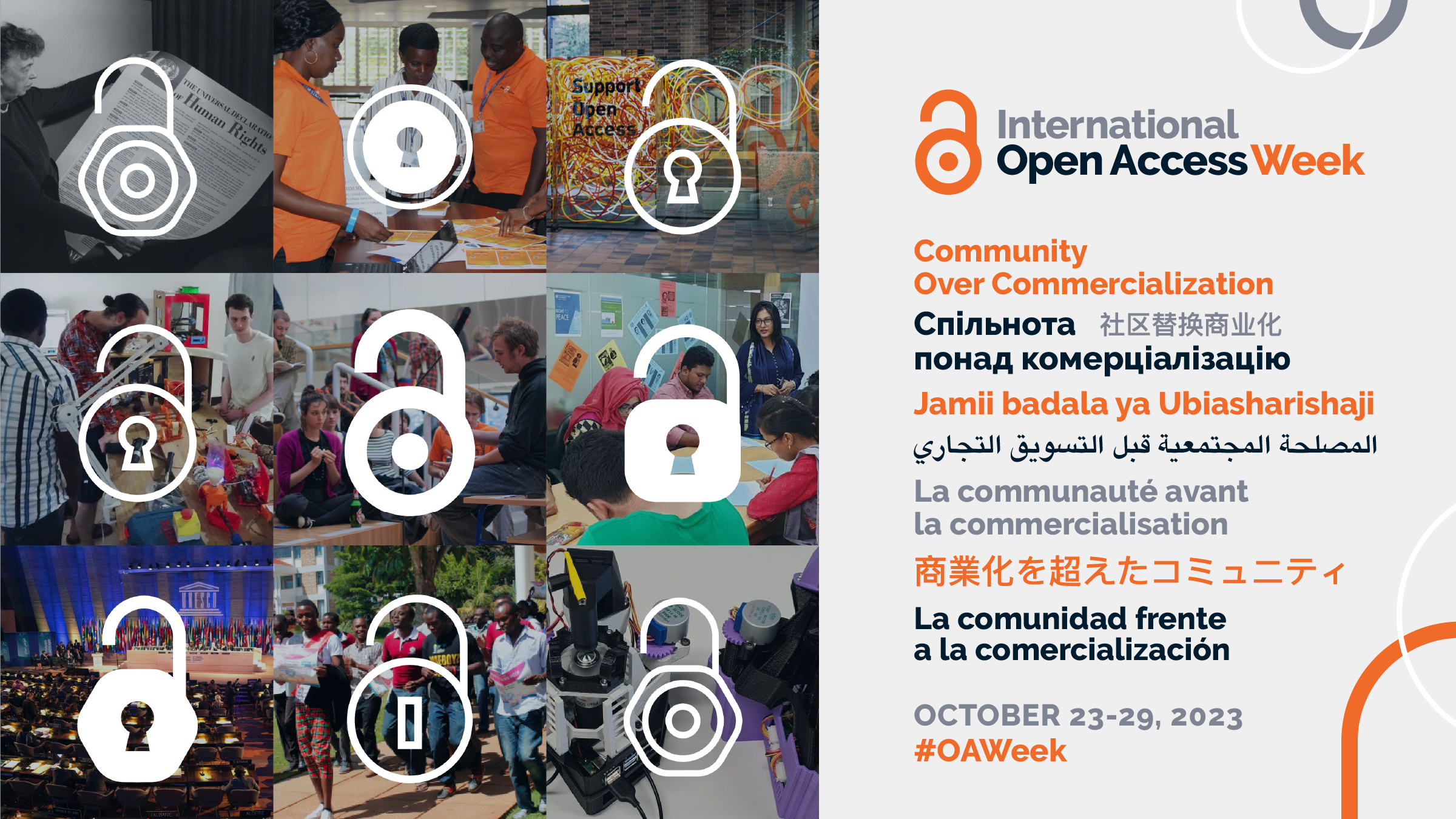
The Universities of Geneva and Zürich have a couple of events planned for the International Open Access Week, from October 23 to October 29. Check out the programs!
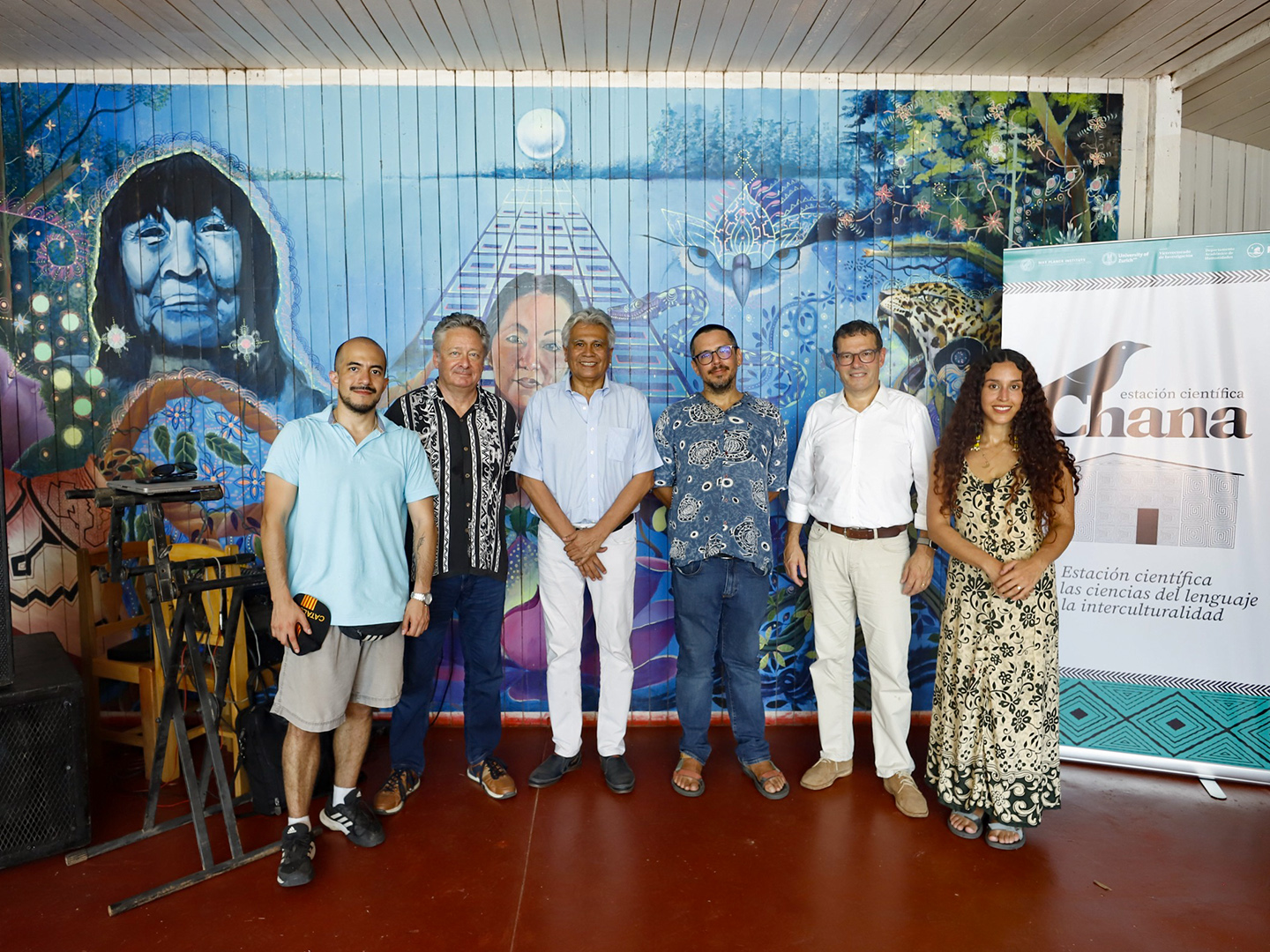
On the 5th of October, a new research station for the science of language and interculturality Chana was inaugurated in San José de Yarinacocha – Pucallpa, Peru. It will be a space for investigation and cultural encounters with the goal of protecting and strengthening Amazonian native languages.
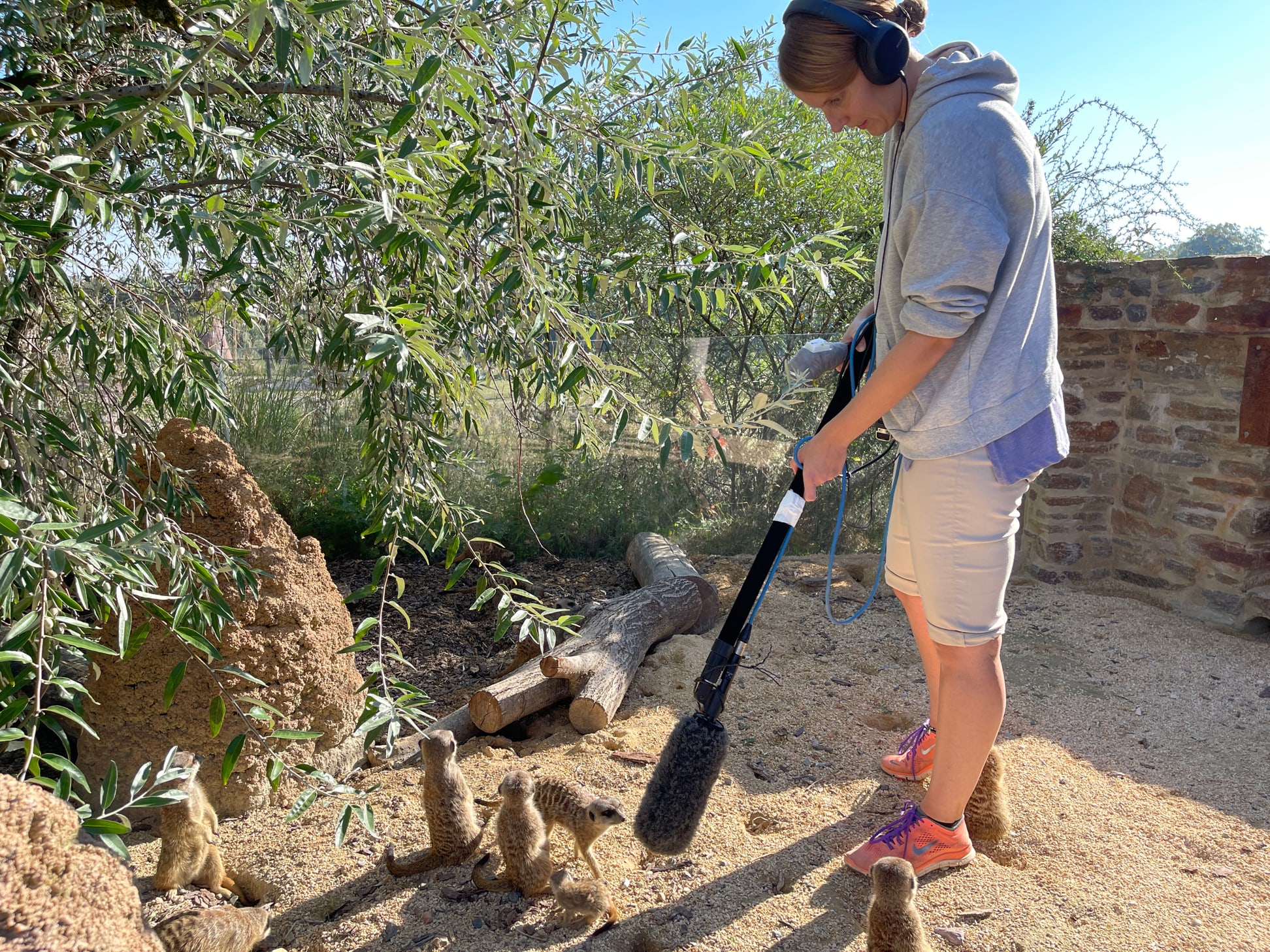
Two researchers from the NCCR Evolving Language visit the meerkats in the Lewa Savanna at Zurich Zoo. They record calls, play sounds, listen and look closely. Here you can find more information about the project – with three videos.